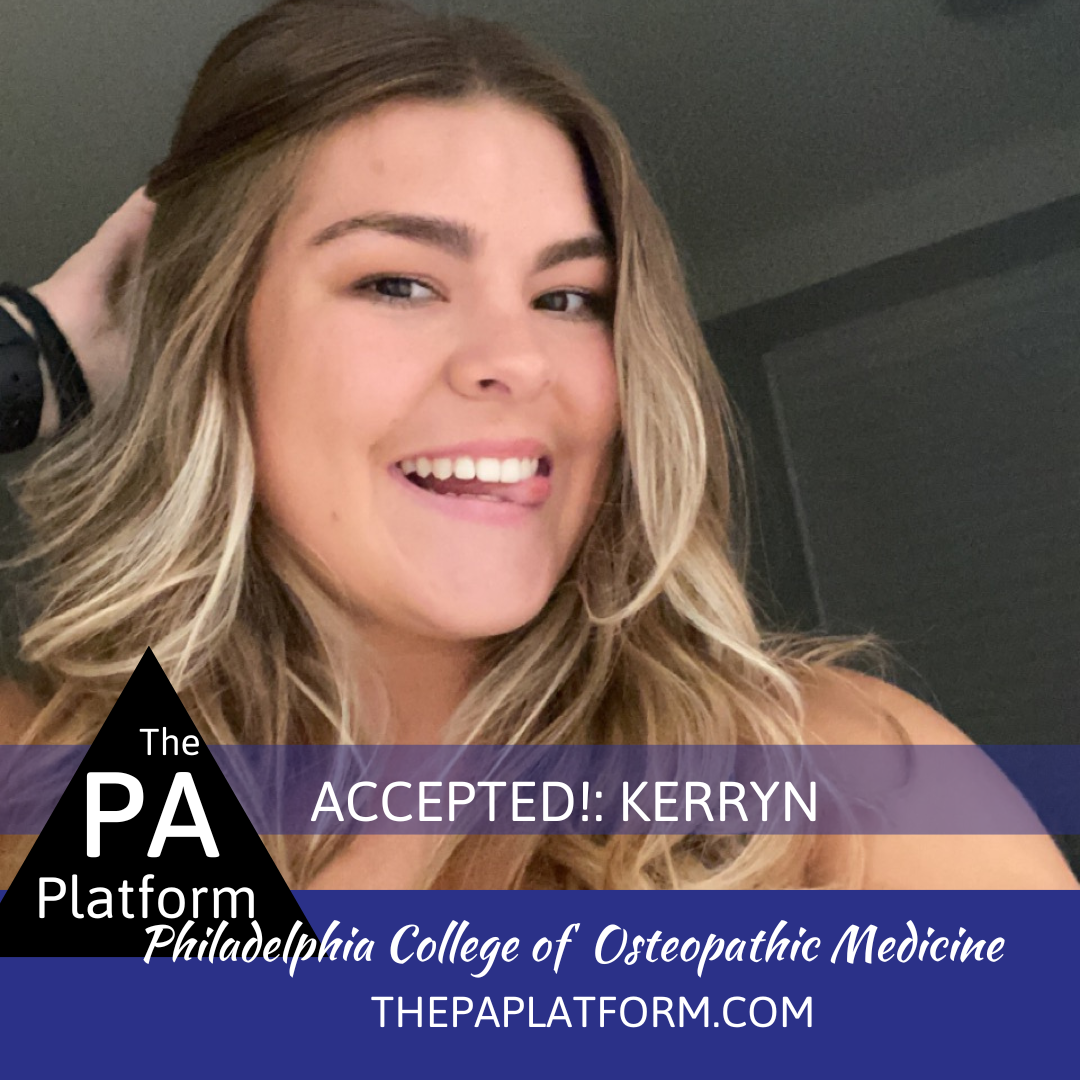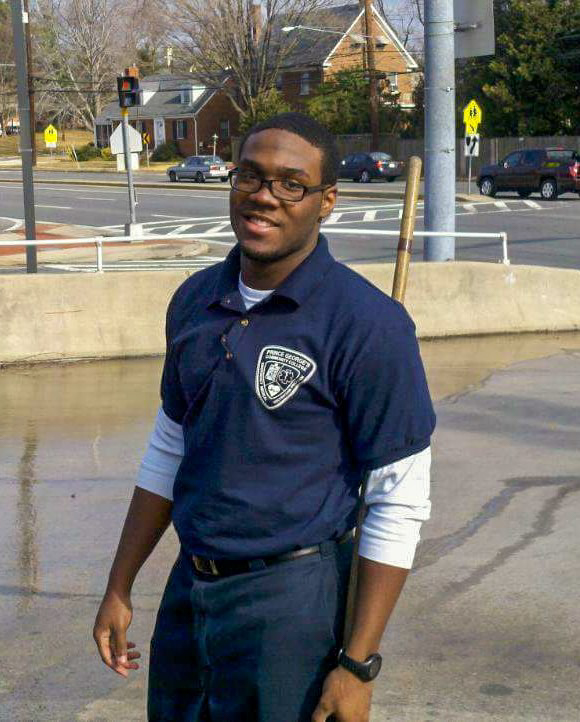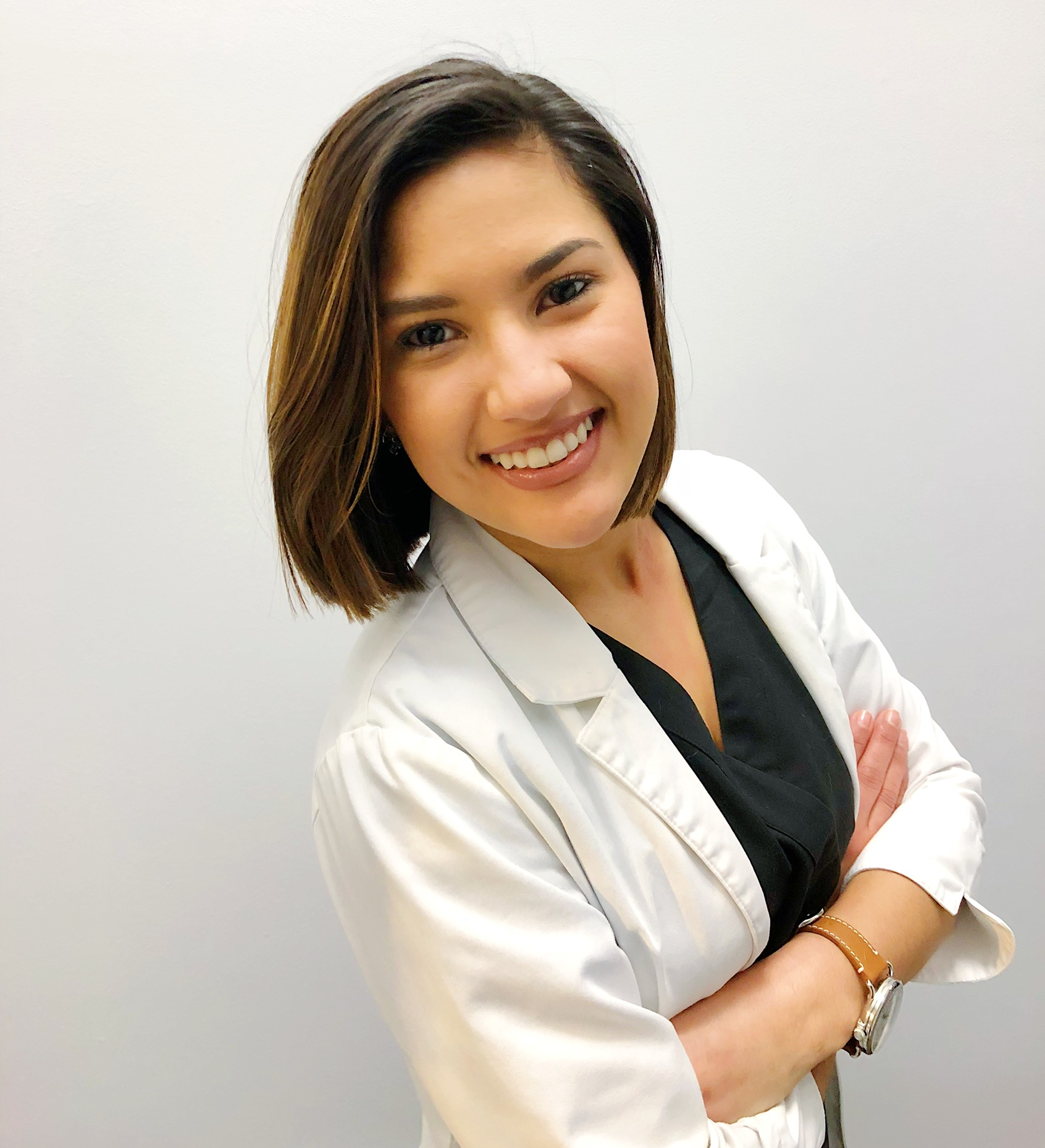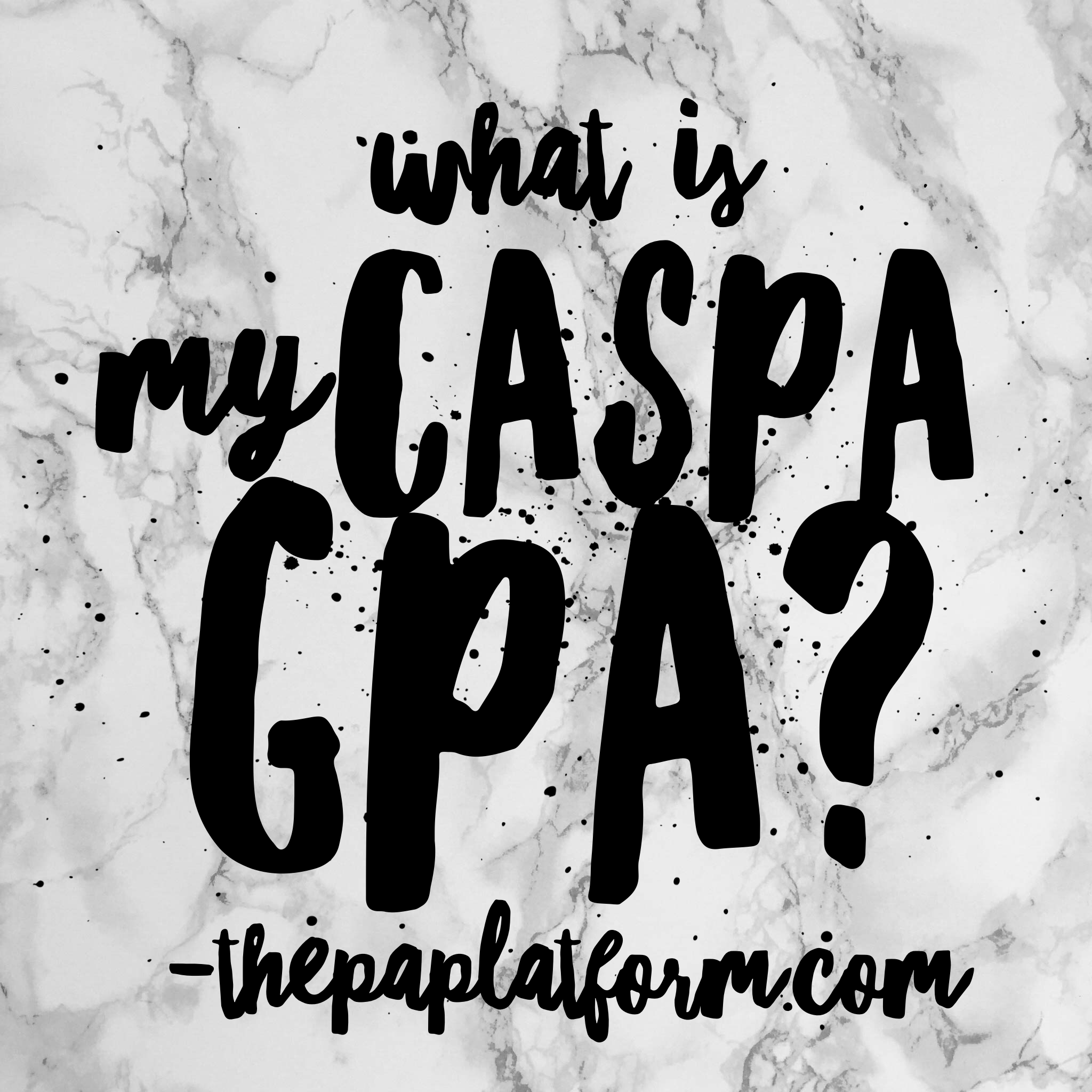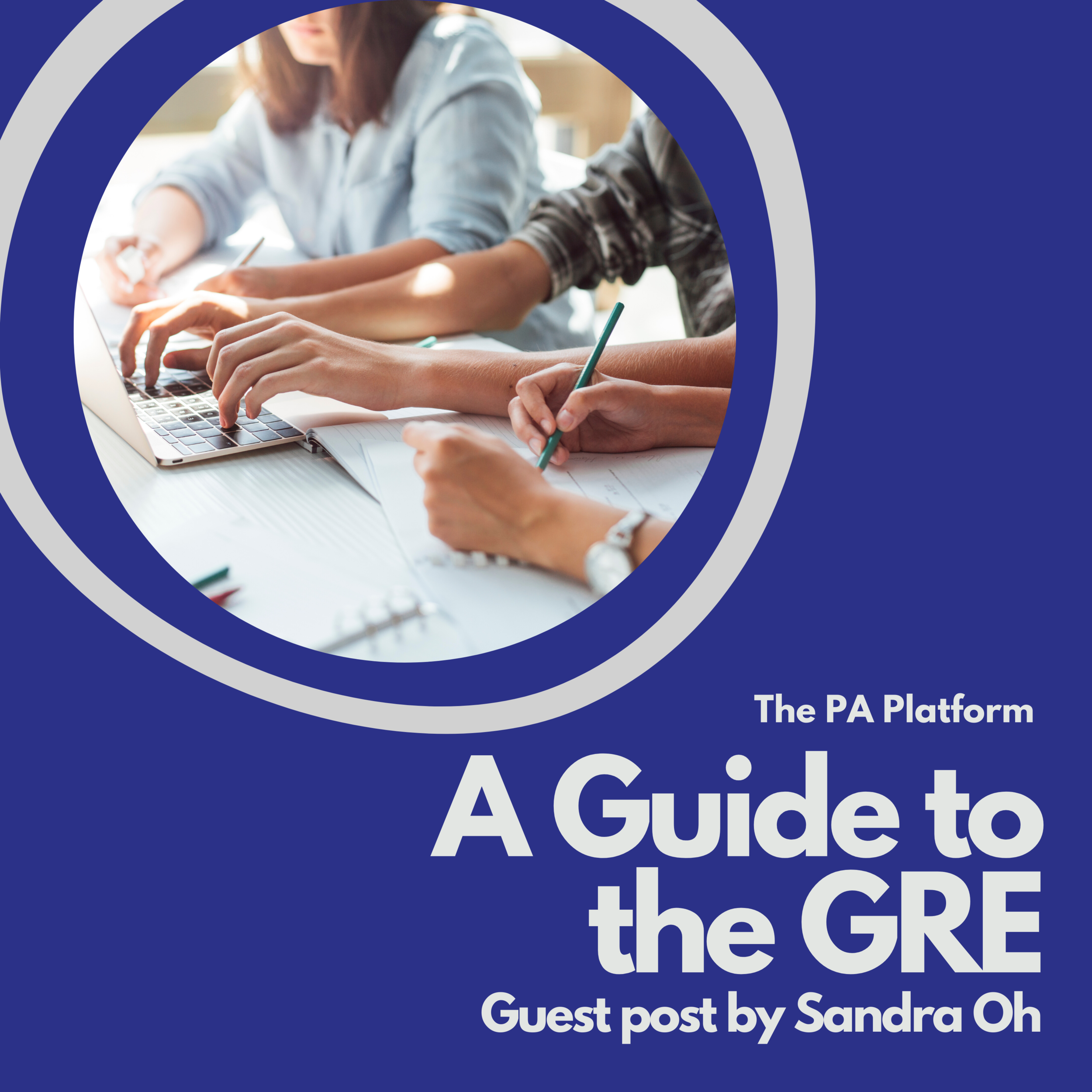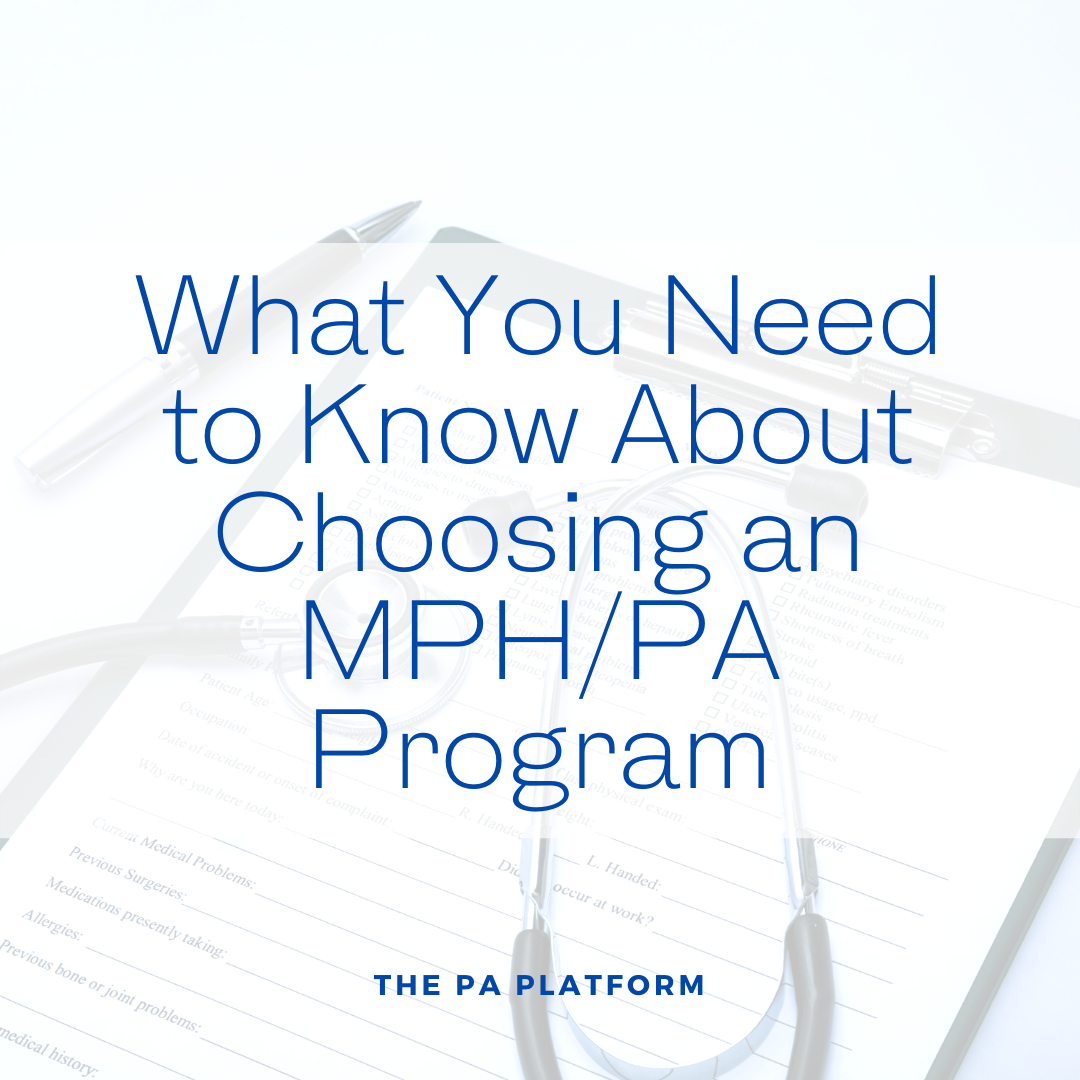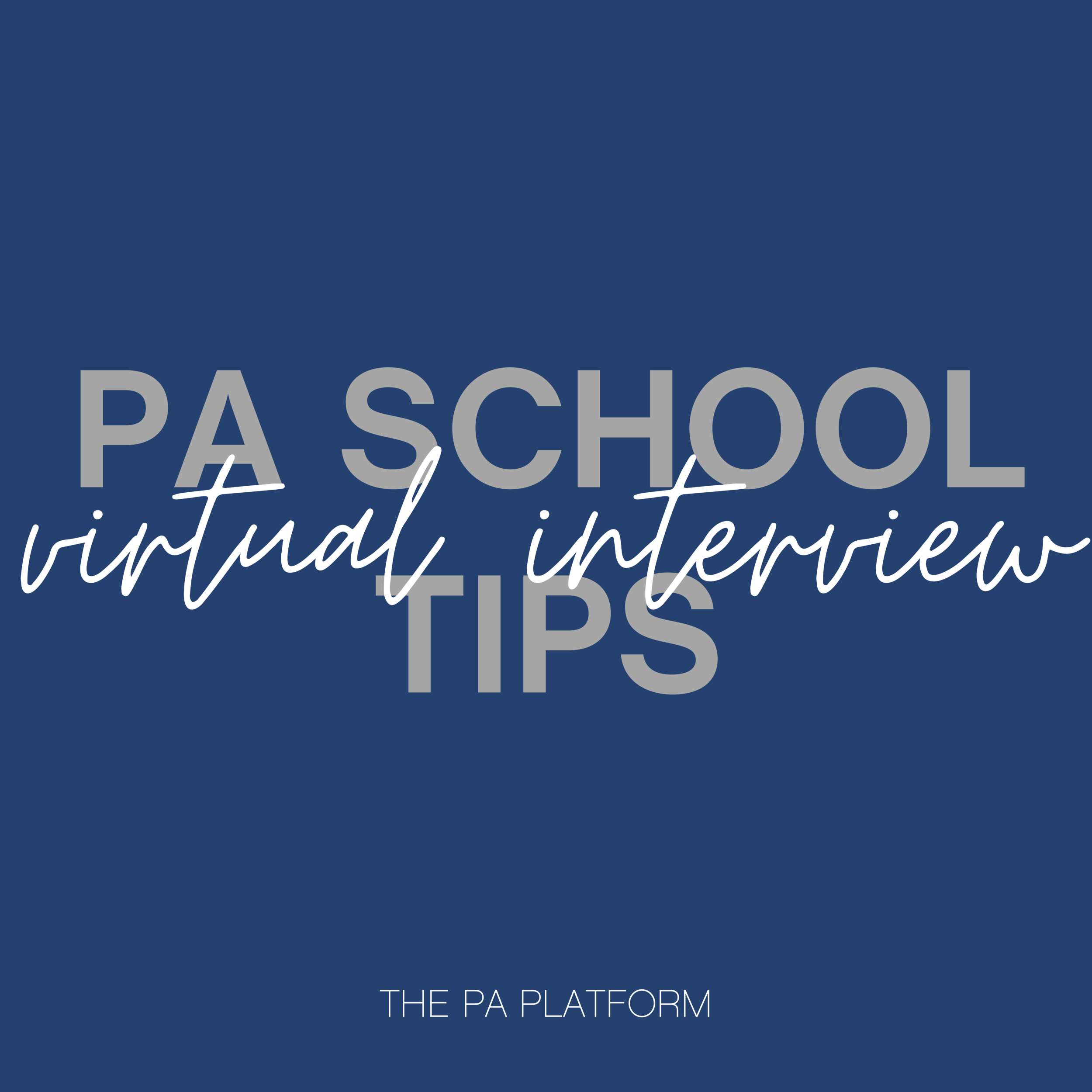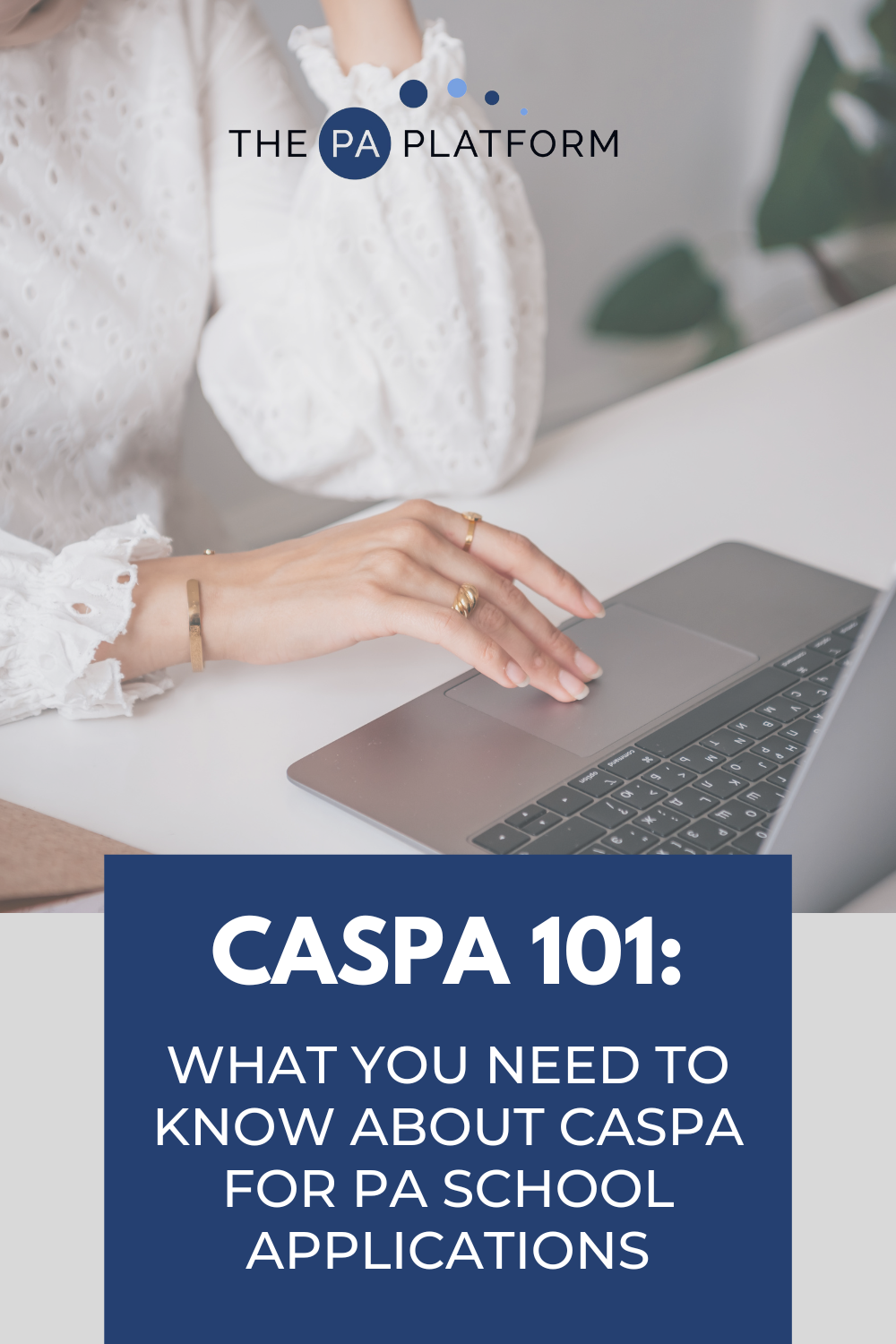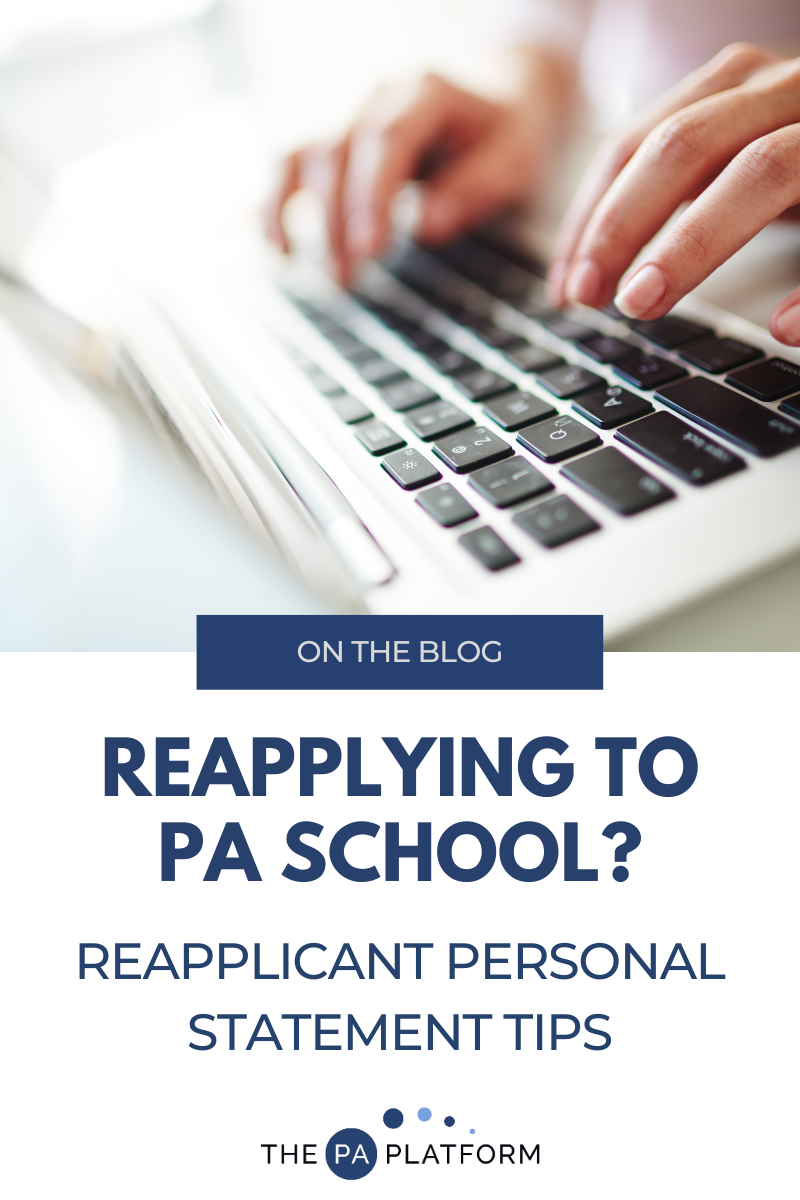Undergraduate education: Bachelor of Science in Community Health, Texas A&M University
Overall GPA: 3.68
Science GPA: 3.52
GRE: 293 combined. Verbal Reasoning: 145. Quantitative Reasoning: 148 Analytical Writing: 3.5
Total HCE hours: 606
Total PCE hours: 20
Shadowing hours: 60
Other volunteer hours: 41
LORs: 3 total. 1 PA, 1 Research Professor (PI), 1 Postdoctoral fellow
How many times did you apply?: 1
Age: 22
Gender: Male
How many programs did you apply to?: 8
How many programs did you interview with and what were the outcomes? 2 interview invites (accepted only the first one since I got accepted 3 days later after my interview). I will be attending The University of Texas Medical Branch at Galveston (UTMB) in the summer.
Any red flags on your application?
My GRE scores are below average! I know myself, and I do not excel in standardized testing. I weighed out the pros and cons if I should retake my GRE and made the decision not to. I knew my GRE scores were low, but I didn’t dwell on it. I trusted the strengths of my application to move me forward. Do not be intimidated if you get a GRE score that is lower than what you wanted. I was below the average, but that did not stop me from applying!
I also had 2 C’s and Q drop during my freshman year. It was definitely an eye opener, and I was not expecting the difficulty of undergrad. I thought I knew how to take notes, study, and prepare for exams. BUT I DIDN’T! My freshman year was a big learning curve for me. I tried different methods in studying and went on YouTube for tips for effective note taking. It was trial and error for me, but I eventually found what worked best for me. Do not be discouraged about one or two C’s. Instead, learn from it and make improvements. PA schools love seeing the exponential growth from the beginning of your undergrad to when you apply. It shows that you had a rough start, but took the initiative to improve and get better throughout the years. MAKE YOUR WEAKNESSES INTO YOUR STRENGTHS ☺
I lacked patient contact experience. I went on forums, blog sites, and talked to past PA applicants and most everyone had over 1000+ hours in PCE. I am not going to lie, I was intimidated by the numbers that everyone had. So I learned, DON’T COMPARE YOURSELF TO OTHERS. Each applicant is different! I accepted the fact that I was late in the ball game deciding that I wanted to become a PA. It was my junior year fall semester 2016 that I had that realization. I applied that following cycle and submitted my CASPA application in July 2017. I focused on what could do at that time to improve my application. I did not get caught up in “chasing” a magical number for my application.
Anything you found surprising about interviews?
I only attended one interview, but I can say that it was really laid back and very chill! The faculty were really friendly, and the current PA students were open to answer a lot of our questions! When it came down to my actual interviews (two 20 minute 1-on-1 interviews), I was a bit nervous at first but I made it into a conversation instead of an interview. That made things more relaxed, and I could express myself more and show more of my personality. At the end of the day, the school invited YOU to their interview, so that means YOU need to showcase yourself! Be proud and confident that they chose YOU! Trust in yourself, show how great you are to them, and enjoy the process!
TIP#1: Research the staff prior to your interview, read up on their BIOs, and make a connection with them during your interview. This way there is a common ground between you and the individual interviewing you. This will make the interview into a conversation!
TIP#2: Your interview starts when you step out of your car, so be the best version of yourself when you are around potential future classmates, current students, and just everyone you pass by. Walk with a big smile ☺
TIP#3: Print out a resume AND a CV. There is a difference, so having both shows you mean business!
Were there any helpful resources (books, websites, apps) you used to get through prerequisite courses, the application or interview process?
One thing that helped me a ton was definitely YouTube. I YouTube “how to be a competitive applicant for PA school”, “interview tips PA school”, and “tips on writing a personal statement.” There are endless amounts of videos on YouTube that can help you on your journey! I am a visual learner, so watching the videos really helped me a lot. I also read a lot of people’s blogs/websites about their journey including the PA platform of course! I went on the physician assistant forums to read on other people’s past experiences when it came to interviewing and submission CASPA applications.
Any other advice for pre-PA students?
For those who are in the process of applying, I know how hard and stressful it can be, but don’t lose site of the end goal and always REMEMBER YOUR WHY!!!!! Remember why you want to become a PA in the first place. Remember that patient you worked with, remember the PA that inspired you, and remember your curiosity in medicine! Remember that all your hard work will pay off in the future, trust the process, and most importantly believe in yourself. Good luck to everyone who is applying this cycle, I believe in all of you guys!
Where can we find you? Instagram: jeremiahdvelasco
If you've recently been accepted to PA school and would like to share your story and advice through an "Accepted!" post, send an email to savanna@thepaplatform.com



